What Makes You Fat And Hungry All The Time?4 min read
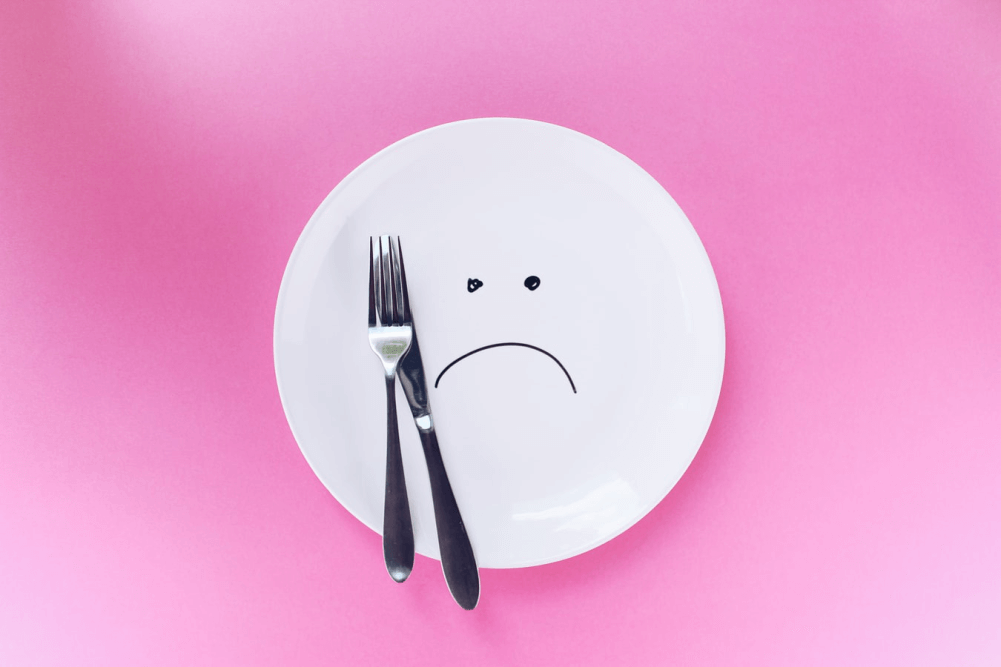
Aesthetica Editorial Team

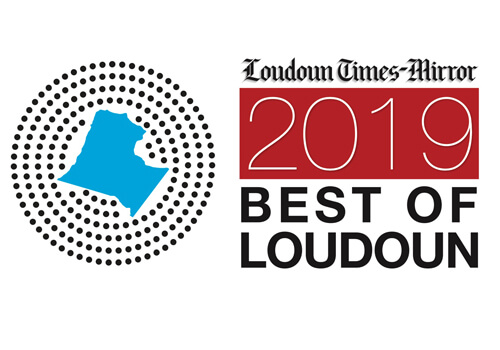
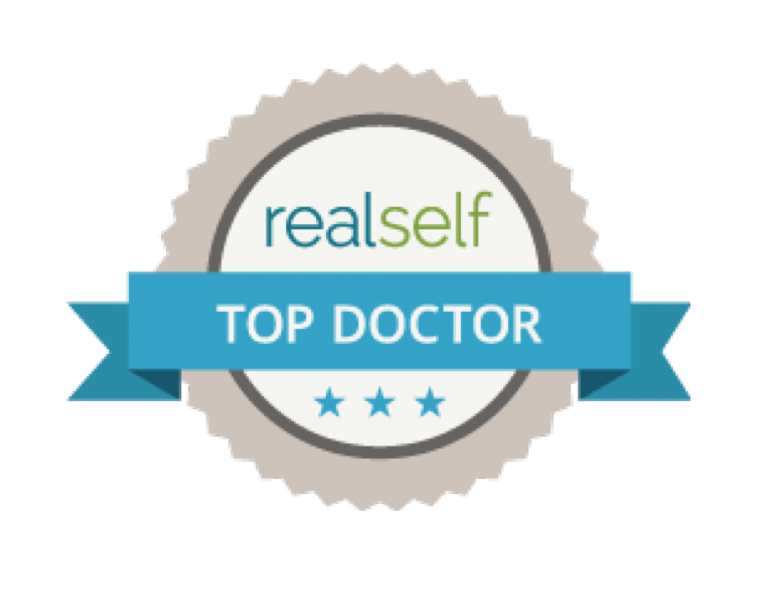
For years, thousands of new diets fads spring up, promising quick results with little effort. Though each are different in their own rules and restrictions, many diets have stuck to the “calories in, calories out” method as a means of losing weight. But caloric restriction isn’t even the whole piece of the pie: several other factors, including biology, hormones, and nutritional content of the foods we eat play a huge role in gaining or losing weight. Losing weight can be an intensely stressful process, but understanding how the foods we eat (or don’t eat) contribute to weight loss is the first step of the process that many people overlook. Instead of restricting your diet, focus on improving your diet. Properly feeding and fueling your body will help satiate hunger longer, and ultimately help you on your weight loss journey.
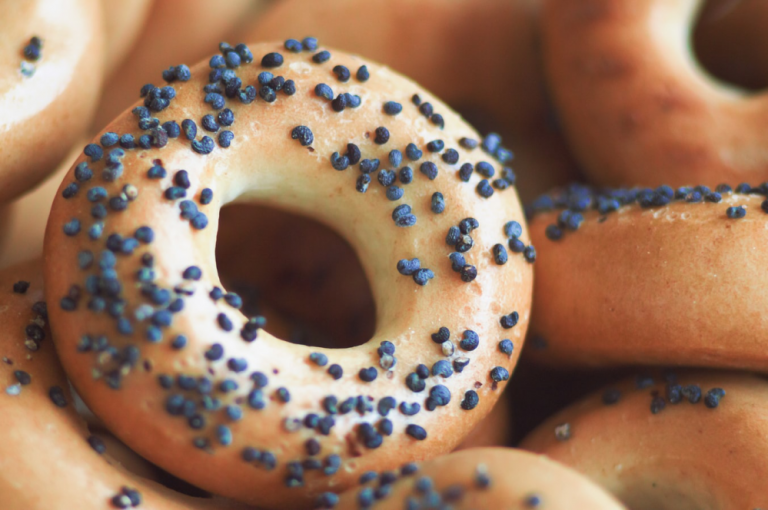
How Do We Build Fat?
Fat is how our body stores energy for later use; what we eat is transformed into energy that our body disperses when needed. When your blood sugar rises, your body releases insulin into the bloodstream to help carry this energy from food – known as glucos e- to receptors throughout your body. Cells then break down the glucose to fuel bodily functions and give you the energy you need to go about your day.
However, sometimes this process gets a little backed up. When the expenditure of glucose is less than its production, your body then begins to decrease your insulin release. That means that since your body is now producing less insulin to help break down the glucose, excess glucose needs to be stored somewhere until it’s ready to be used. Your body breaks down glucose to fit the insulin receptors within your fat cells, turning your surplus of glucose into fat stores.
Why Am I Still Hungry After Eating?
Carbs are both a blessing and a curse. It seems as though they’re in almost everything we eat, but carbohydrates have remained a dietary hot topic for hundreds of years. Carbohydrates are helpful to deliver quick energy, but are usually burned off as quickly as they are enjoyed, leaving you unsatisfied and still hungry. Low-carb diets have been successful because they help limit or exclude the “empty calories” found in many carb-heavy diets. Carbohydrates – especially those that are refined – are more or less place holders for your body until nutrient-dense or healthy fat-heavy foods are ingested.
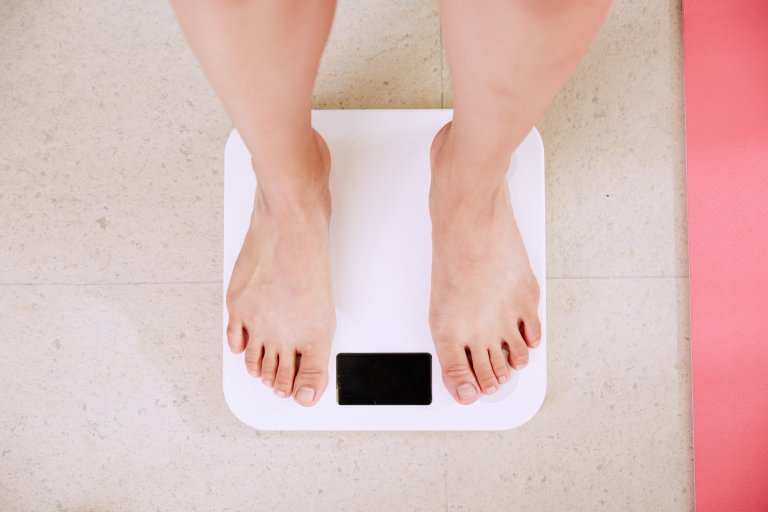
Why Am I Gaining Weight But Still Hungry?
Eating too many carbohydrates actually prevents the release of insulin to help break down the glucose, leaving fatty acids stored until they can be broken down. Until your body can restart the insulin production, carbohydrates will give you the energy you need, but only temporarily. In the meantime, carbohydrates will leave you feeling hungry and low in energy, even shortly after you’ve eaten. What’s more, since your body can’t break down the long-lasting energy found in fatty acids, your body will rely on a supply of carbohydrates to keep you going – then it becomes a tough cycle to break. Because your body is still searching for energy-sustaining foods and nutrition, your hunger receptors will keep firing until they’re satisfied.
What Can I Eat?
Carbohydrates are not entirely out of the question, and understanding how certain food groups affect your body’s overall health and function will help make all the difference. Complex carbohydrates are superior to simple carbohydrates, because they provide minerals, vitamins, and fiber to your body, helping you stay fuller for longer. Sweet potatoes, legumes, whole grains, and vegetables are all excellent sources of complex carbohydrates. Diets high in healthy fats, proteins, and vegetables will also help satiate and maintain hunger, and restore insulin and glucose production to a regular rhythm.
Eating foods that satiate you will help keep you from overeating too. In fact, in a study conducted by scientists, patients were able to easily consume 7,000 excess calories of carbs per day, but could only consume 800 excess calories of fat. It’s easier to overeat carbohydrates because they won’t fill you up the same way protein or veggies do!
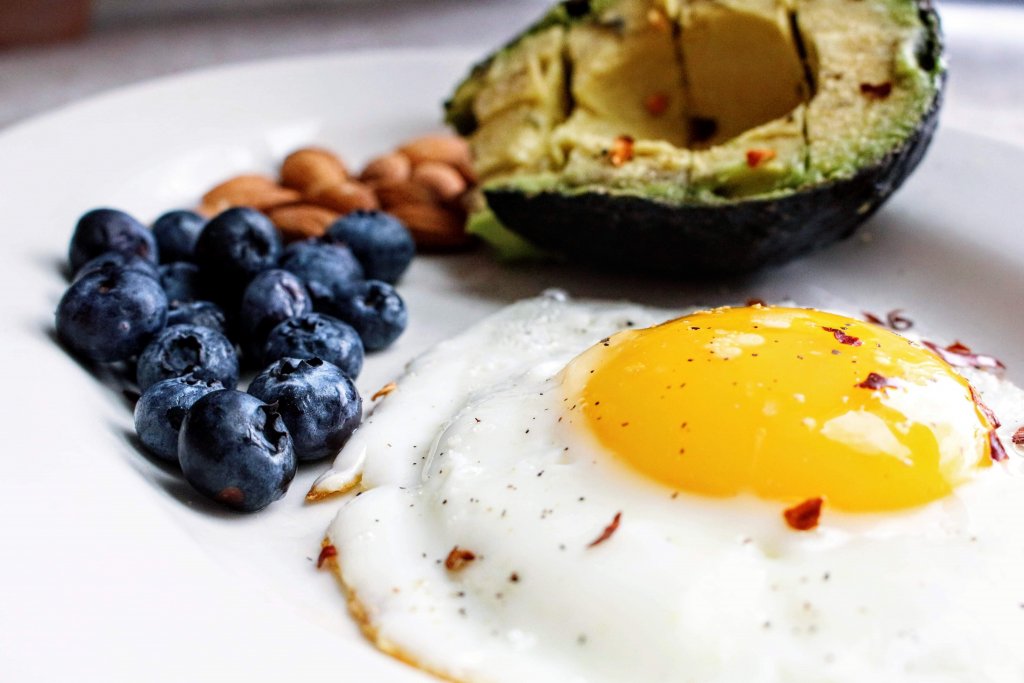
Want to learn more about healthy diets?
With the right, balanced diet, you’ll see improvements in almost all aspects of your body. Fueling your body correctly means having more energy, less mental fogginess, and increased weight loss. Adopting a diet high in healthy fats, proteins, and vegetables will having you feeling and looking better. You’ll feel less hungry less often, and will have energy to spare. Maintaining your body’s internal balance with whole foods will be a sure fire way to feel and look your best!
Let Us Help You!
Our office can provide you will helpful information, schedule a free consultation, and walk you through the the options Medi Weightloss Lansdowne/Leesburg offers.
Contact Dr. Chang's Office:
More Articles For You

What’s a Unit of BOTOX Anyway? | Aesthetica GoToBeauty
Have you ever heard about BOTOX and wondered what it’s all about? It’s like the
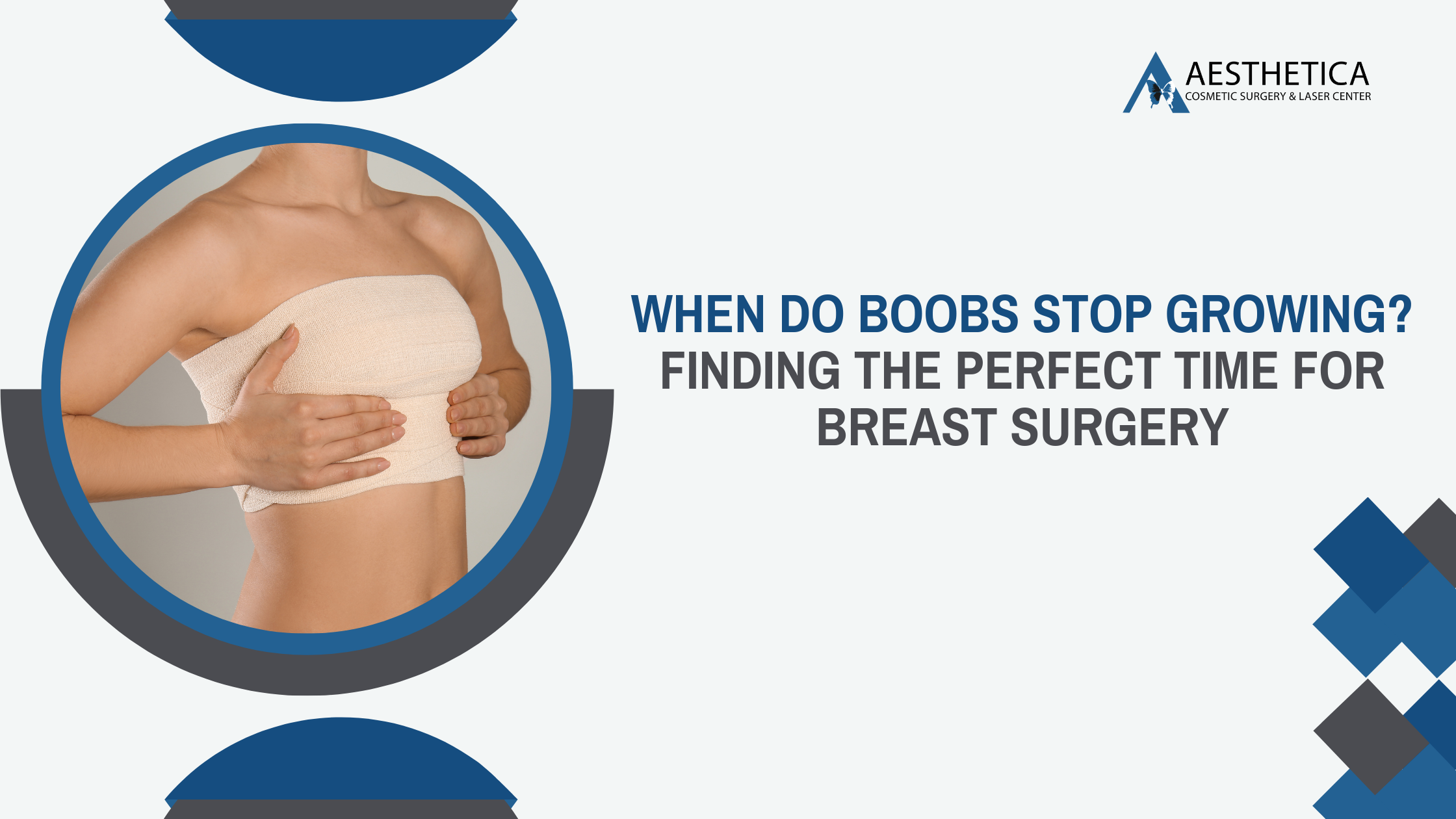
When Do Boobs Stop Growing? Finding the Perfect Time for Breast Surgery
Ever wondered when your boobs finally decide to take a break from growing? Or you’re
Are Silicone Injections in Buttocks Safe?
In today’s world, where the aesthetic appeal of one’s body can often feel as though
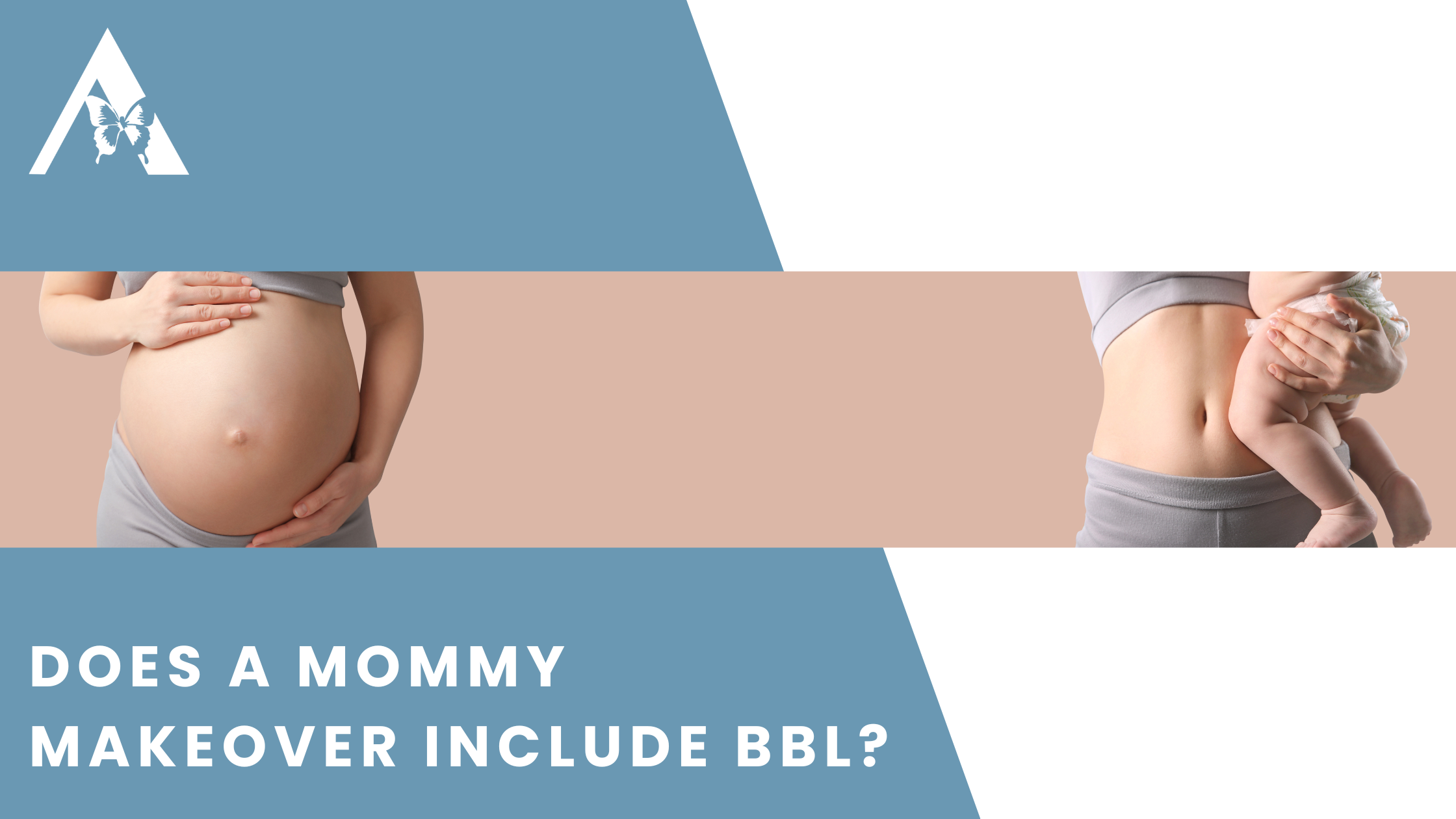
Does a Mommy Makeover Include BBL?
Many women look forward to the blessings of motherhood. Having a child is a very
